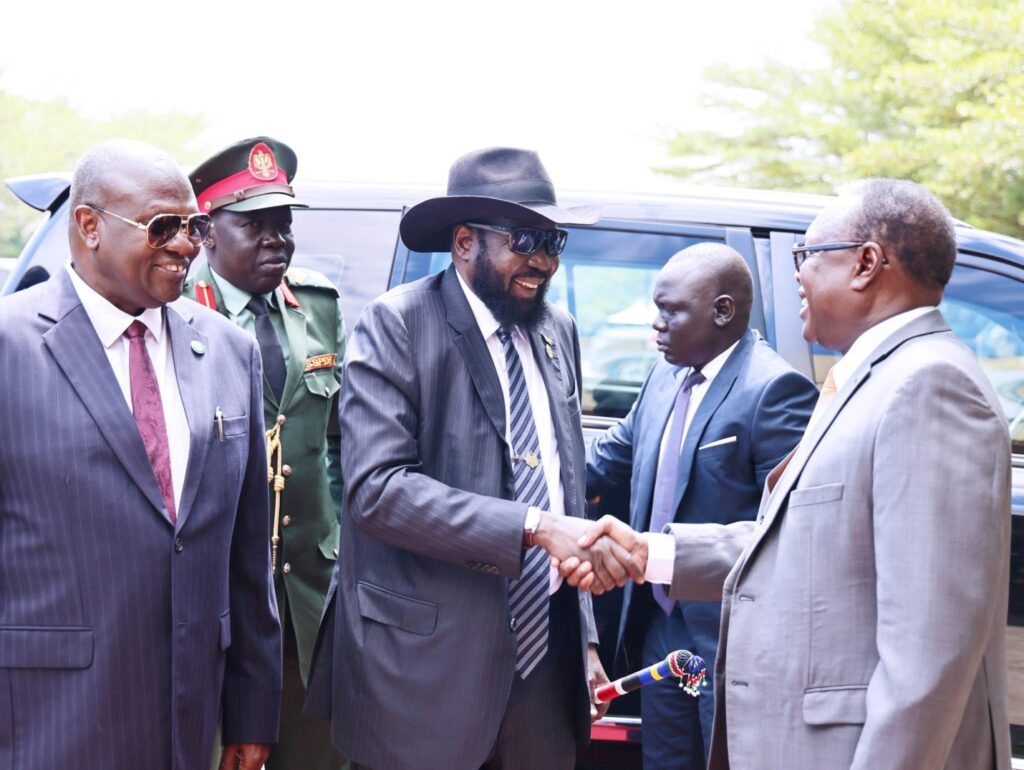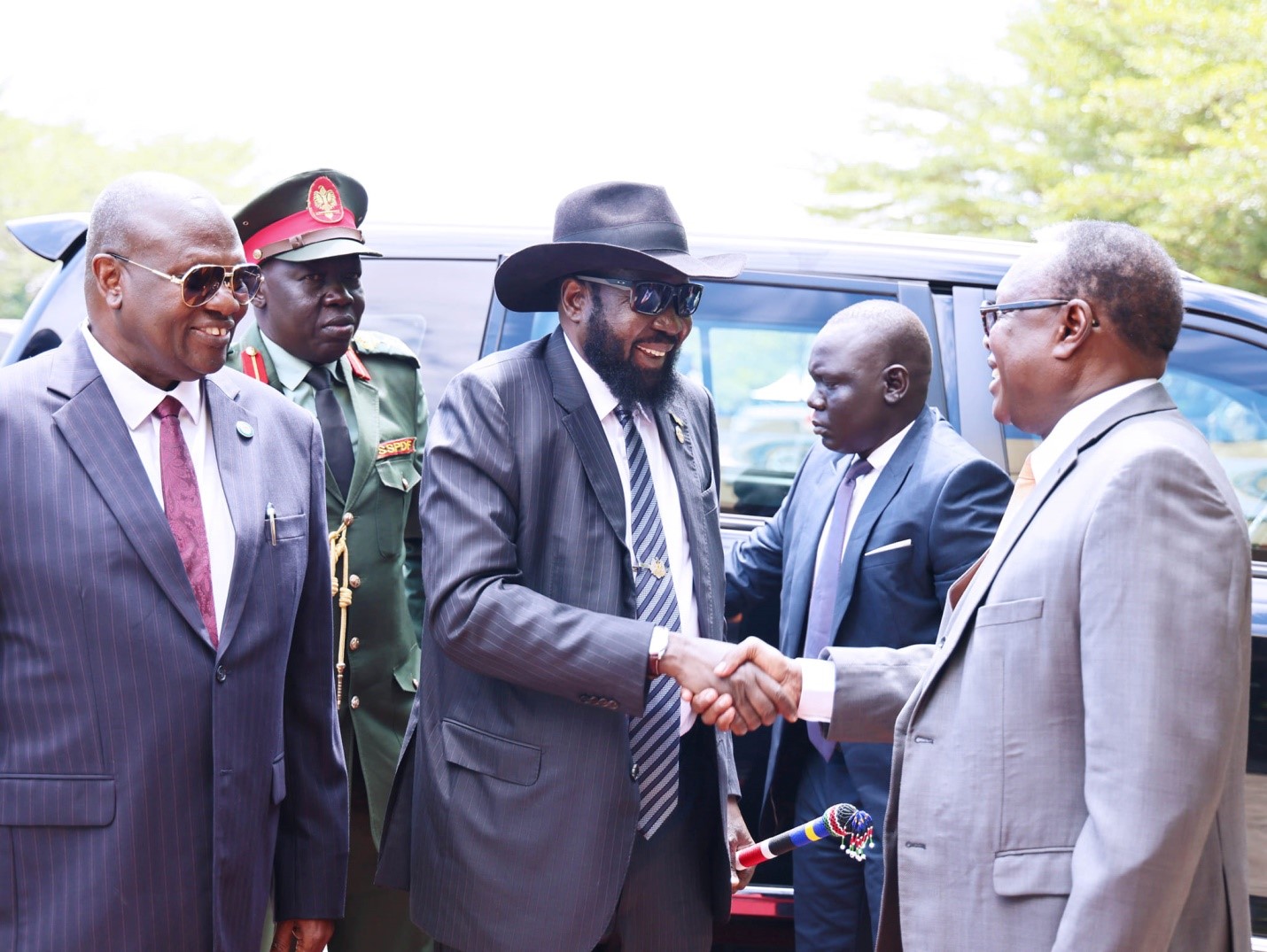South Sudan's English Daily Newspaper
"We Dare where others fear"

By Awan Achiek
President Salva Kiir Mayardit has challenged would be contestants for political offices in the December 2026 elections to start strategizing for the polls that will see presidential, parliamentary and local elections held.
“I want to remind all those who are interested to contest in the election that 24 months is not a big thing. If you are not prepared, you better start preparing yourself,” said Kiir in his speech during the opening of the 7-day 8th Governors Forum in Juba.
Kiir said that the recently extended transitional period which ends in February 2027 is a short period, which requires early preparation for the elections.
He said the extension of the transitional period on September 13 2024, was done in order to achieve durable peace.
“Our collective determination to achieve durable peace led to the postponement of the elections, and consequently the extension of the revitalized Transitional Government of National Unity for another 24 months,” said Kiir.
Initially, the current transitional period was supposed to end in February 2025 with elections scheduled for December 2024.
On September 21, 2024, the parties to the September 2018 peace deal signed a roadmap extending the transitional period for 24 months, citing failure to complete critical benchmarks on the agreed time.
The parties extended the transitional period from 22nd February 2025 to 22nd February 2027 with elections held in December 2026.
Kiir said his recent restructuring of the government delegation attending peace talks with opposition parties in the Kenyan capital, was to expedite and conclude the peace process which commenced on May 9, this year.
“It is also important to make it clear that the Tumaini Initiative was not intended to negotiate a new parallel peace agreement aimed to replace or dismantle the existing peace agreement which we had signed in 2018,” he said.
Kiir said the peace process will be part of the 2018 revitalized peace agreement.
“It makes sense to say a new agreement to replace the existing one will defeat the principle of inclusivity and will certainly lead to a cycle of conflict,” he said.
The government and opposition parties signed nine protocols during the first round of talks in May, and the two sides are yet to agree on the sticking issues that are delaying the signing of a comprehensive peace agreement.
In December 2023, President Salva Kiir, requested President William Samoei Ruto to take over the mediation role from the Community of Sant’Egidio, an Italian peace organization that had been facilitating the talks in Rome.
Kiir had expressed frustration with the stalled progress in Rome, stating that the discussions with opposition groups had failed to yield a lasting solution.
However, the Kenya-led peace talks encountered a setback in July, when some South Sudanese government representatives raised concerns over specific mechanisms proposed in the negotiations.
The opposition parties attending the Nairobi talks include Real Sudan People’s Liberation Movement led by Pagan Amum, the South Sudan United Front under former SSPDF Chief of Staff Paul Malong Awan, and the South Sudan People’s Movement/Army (SSPM/A), under Gen. Stephen Buoy Rolnyang.
The talks are critical to achieving a comprehensive peace deal, as they represent significant factions outside the revitalized 2018 peace agreement.




